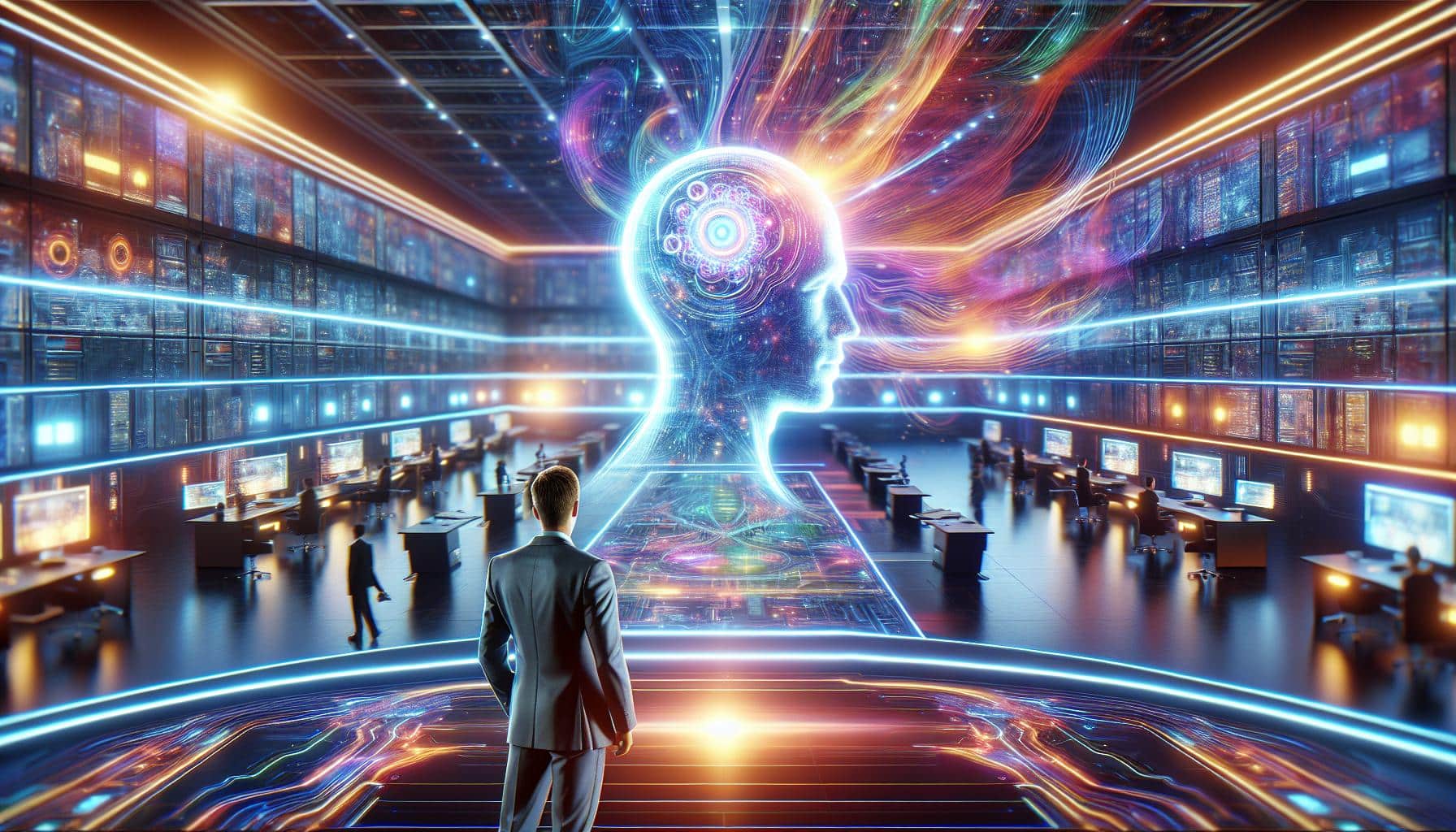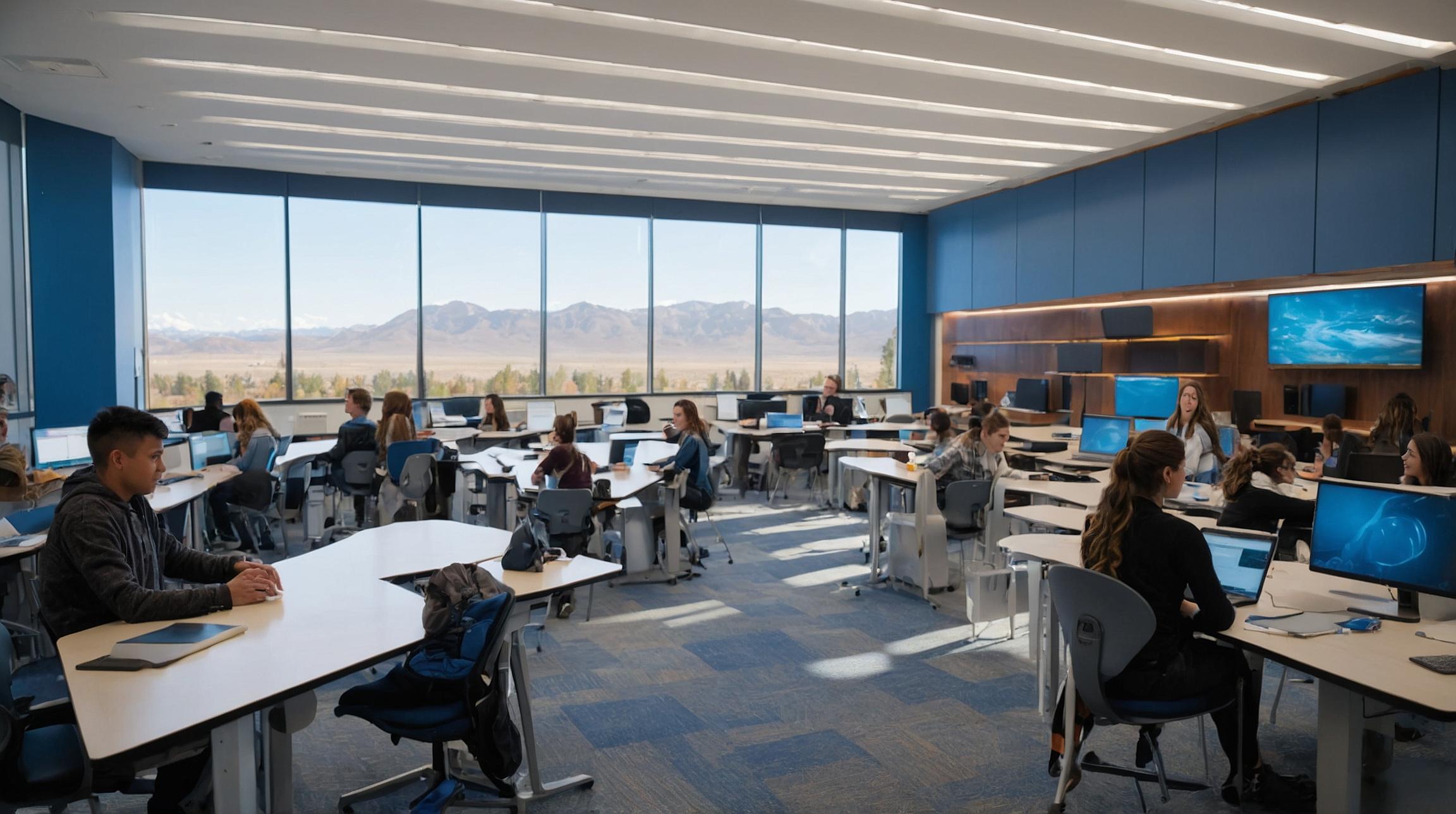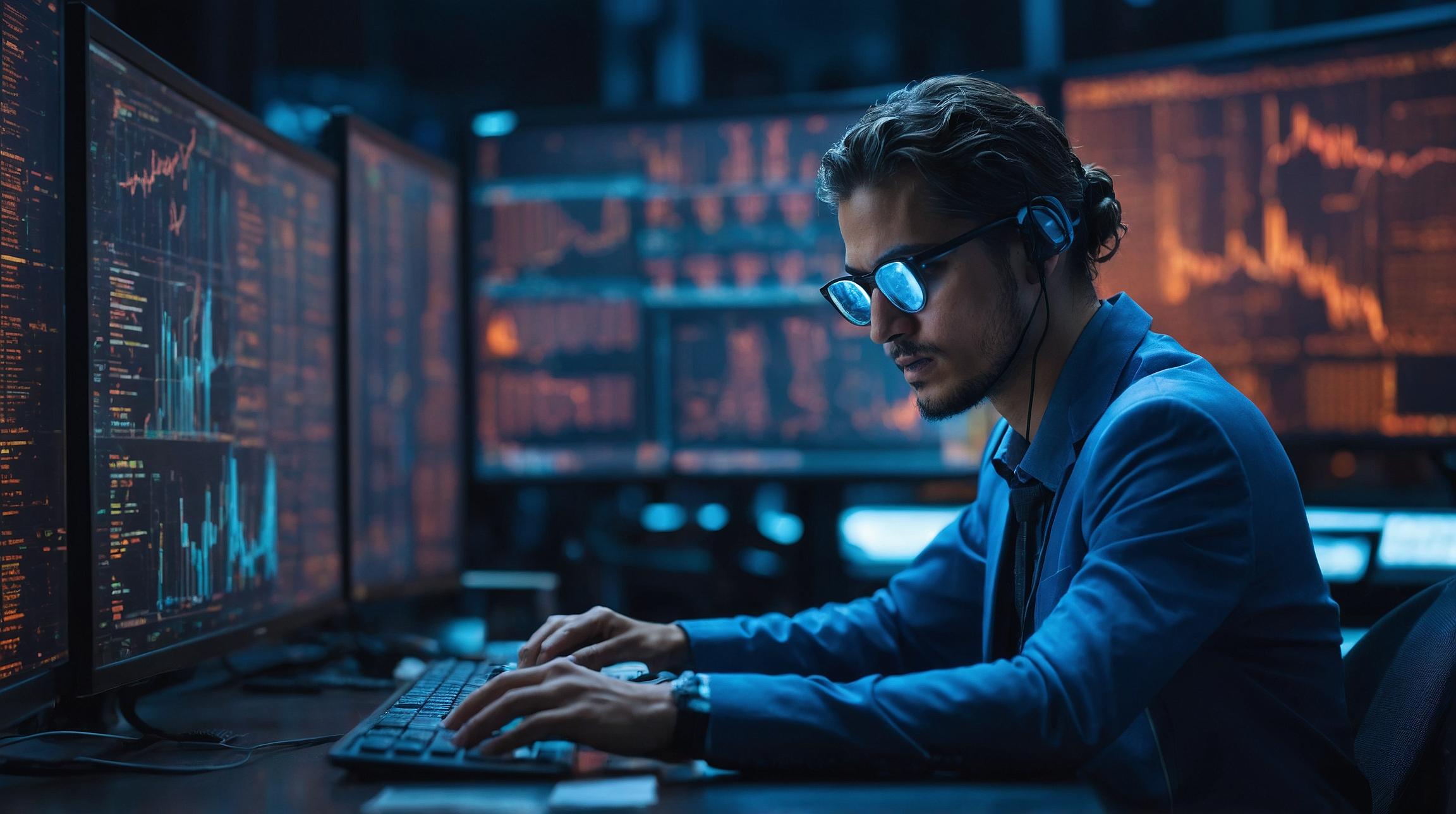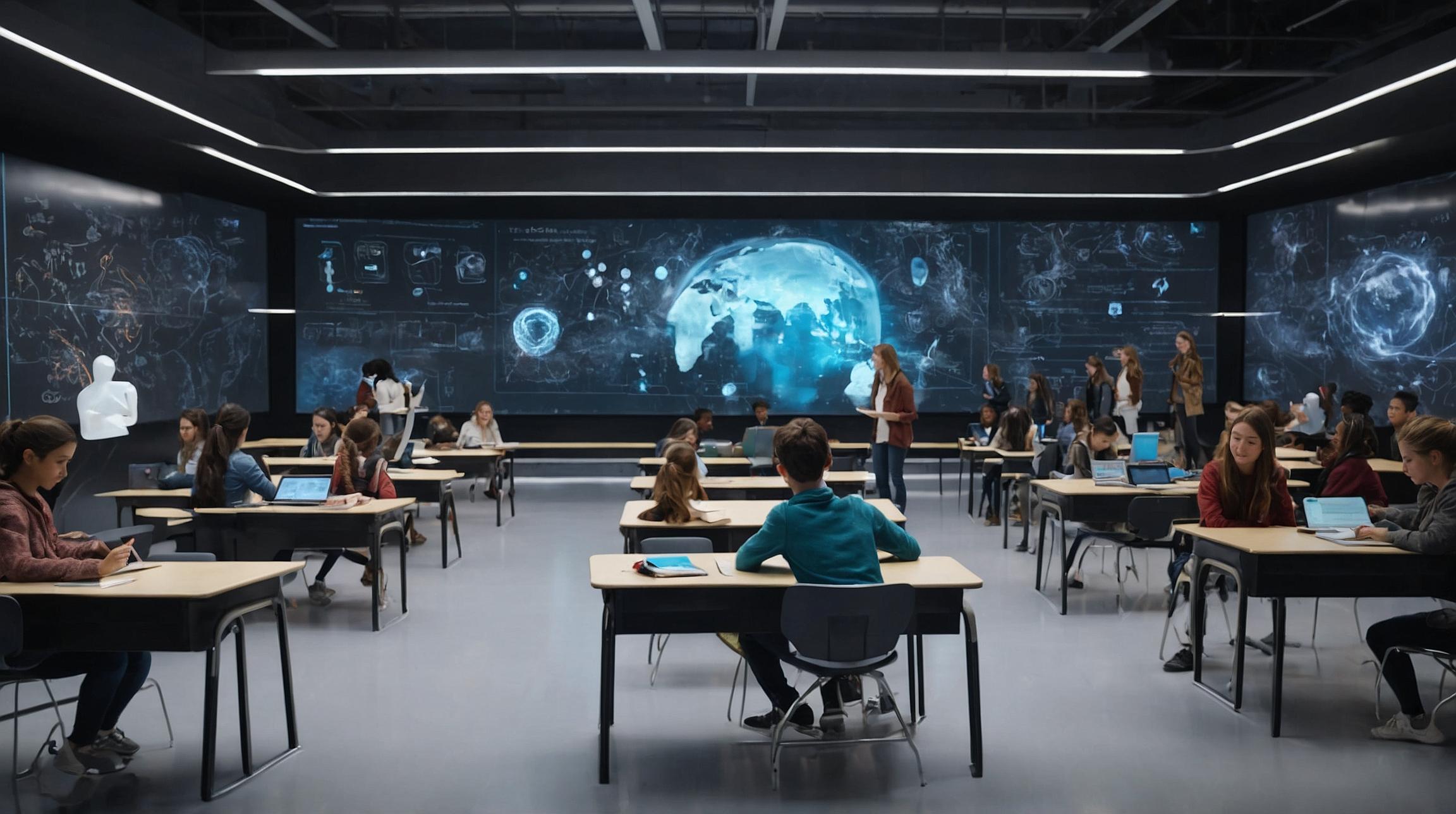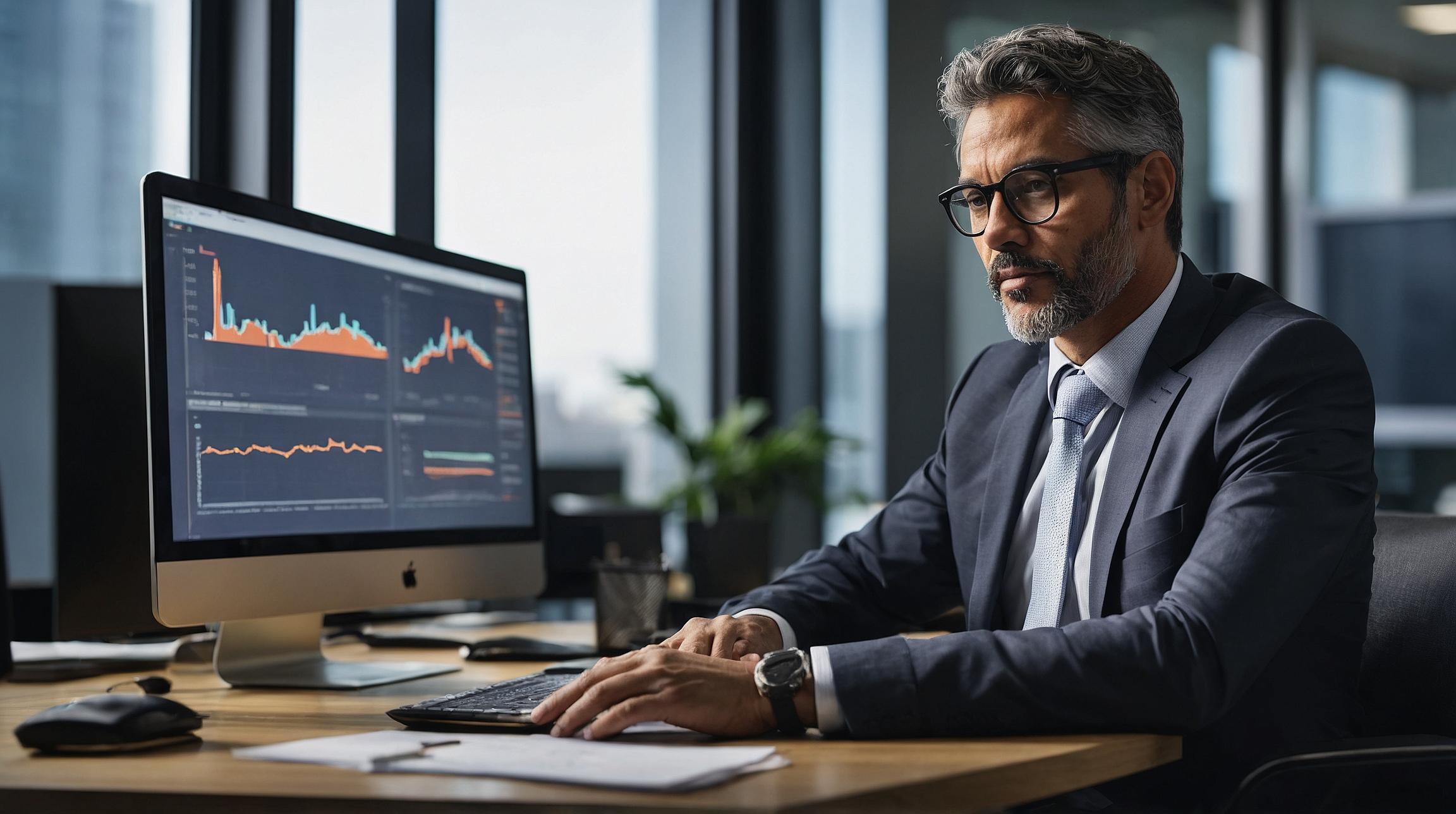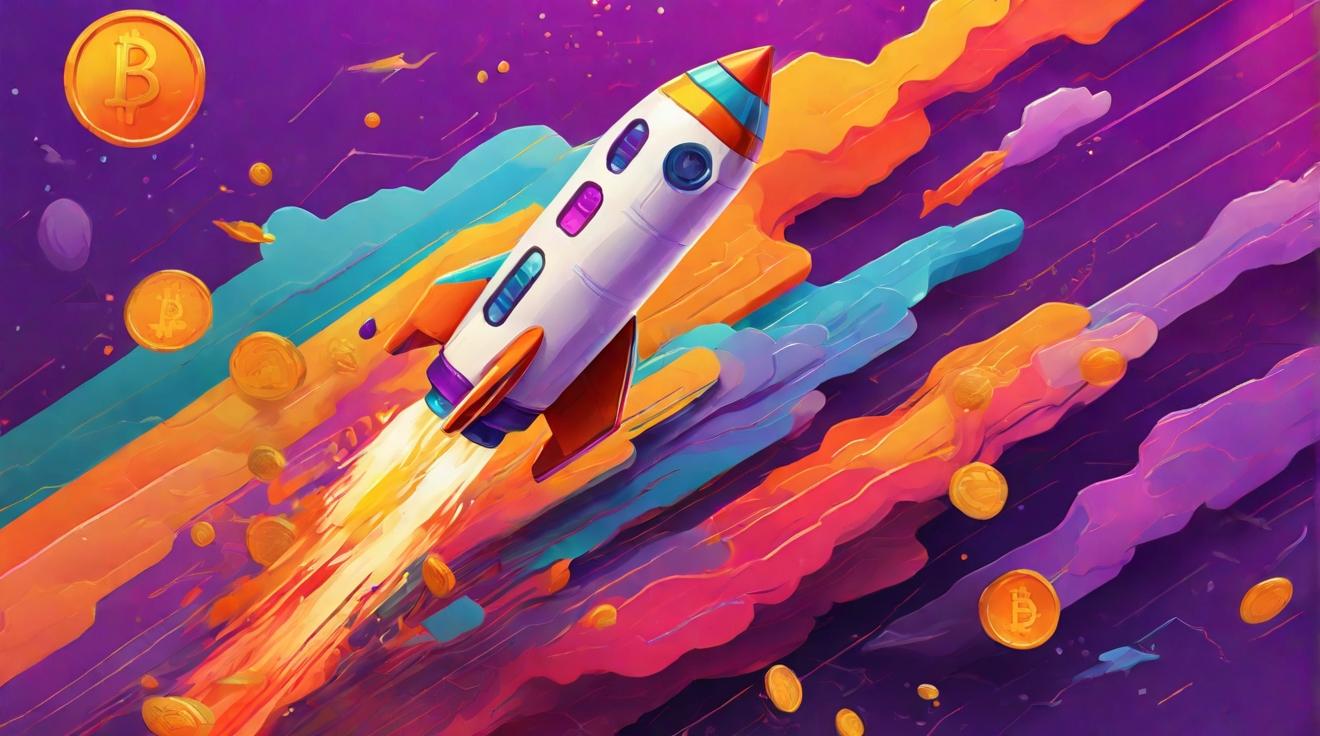The Rapid Penetration of AI: OpenAI CEO’s Concerns
OpenAI CEO Sam Altman is raising concerns about the fast-paced integration of artificial intelligence (AI) into society. In an interview with Microsoft co-founder Bill Gates on the podcast “Unconfuse Me,” Altman stated that the AI revolution will be the fastest technological revolution to date. He finds the speed with which society will have to adapt to be potentially alarming. Altman emphasizes that the labor market will undergo significant changes as AI technology continues to advance, forcing society to accommodate its rapid penetration.
The Scary Reality of the AI Revolution: Society’s Need to Adapt
Altman describes the forthcoming AI revolution as the fastest one so far, which he believes is a worrying prospect. He explains that with each past technological revolution, the rate of change has accelerated, and the AI revolution will be no exception. This speedy transformation will require society to adapt faster than ever before. Altman expresses concern about the labor market’s ability to adjust to these rapid changes and highlights the need for individuals and industries to stay agile and constantly learn new skills.
Robotics and Blue-Collar Jobs: OpenAI CEO’s Investments
Altman reveals that OpenAI has started investing in robotics companies, a sector that intersects with AI technology. He envisions a future where OpenAI’s language understanding and video comprehension models can be applied to robotics. Altman believes that at some point, AI systems will be responsible for performing tasks traditionally done by humans, including blue-collar jobs. By investing in robotics companies, OpenAI aims to play a significant role in the ongoing development of automation and AI systems.
AI’s Impact on Jobs: A Future of Change and New Opportunities
Currently, AI systems perform individual tasks rather than whole job roles. However, Altman predicts that in the future, AI will not only take over some jobs but also create new and better job opportunities. He emphasizes that providing people with more powerful tools doesn’t just enhance their existing work; it enables them to accomplish qualitatively different tasks. Altman cites the example of speeding up programmers’ productivity by three times, highlighting the transformative potential AI can have on different professions.
The Need for Global Regulation: OpenAI CEO’s Call for a Regulatory Body
Altman recognizes the global impact AI technology can have on society and the geopolitical balance of power. He asserts the necessity of a global regulatory agency to oversee the development and deployment of super-powerful AI systems. Altman emphasizes the importance of addressing issues related to what AI models are allowed to say, copyright considerations, and the differing perspectives on these matters across various countries. Voices of support for regulating AI technology have already emerged among heads of state in multiple countries, further emphasizing the need for global governance.
Altman concludes the podcast interview by advising listeners to be deliberate in choosing how they want to spend their time and to take risks in pursuing their goals. He encourages individuals to seek fulfillment and avoid being trapped in unfulfilling pursuits. Altman’s perspective on AI and society underscores the potential for both positive and negative impacts, highlighting the importance of mindful regulation and societal preparation.
Analyst comment
The news is neutral, highlighting both positive and negative aspects of the rapid penetration of AI. In the market, there will be increased investment in robotics companies and AI systems, creating new job opportunities. However, there will also be concerns about the labor market’s ability to adapt and the need for global regulation. Overall, the market will experience significant changes and require individuals and industries to stay agile and constantly learn new skills.





